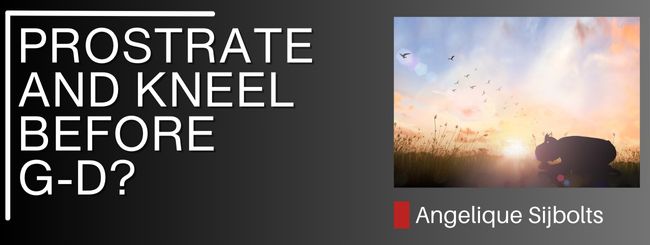בס”ד
רַבִּי דּוֹסְתַּאי בְּרַבִּי יַנַּאי מִשּׁוּם רַבִּי מֵאִיר אוֹמֵר, כָּל הַשּׁוֹכֵחַ דָּבָר אֶחָד מִמִּשְׁנָתוֹ, מַעֲלֶה עָלָיו הַכָּתוּב כְּאִלּוּ מִתְחַיֵּב בְּנַפְשׁוֹ, שֶׁנֶּאֱמַר (דברים ד) רַק הִשָּׁמֶר לְךָ וּשְׁמֹר נַפְשְׁךָ מְאֹד פֶּן תִּשְׁכַּח אֶת הַדְּבָרִים אֲשֶׁר רָאוּ עֵינֶיךָ. יָכוֹל אֲפִלּוּ תָקְפָה עָלָיו מִשְׁנָתוֹ, תַּלְמוּד לוֹמַר (שם) וּפֶן יָסוּרוּ מִלְּבָבְךָ כֹּל יְמֵי חַיֶּיךָ, הָא אֵינוֹ מִתְחַיֵּב בְּנַפְשׁוֹ עַד שֶׁיֵּשֵׁב וִיסִירֵם מִלִּבּוֹ
Rabbi Dostai ben Rabbi Yannai said in the name of Rabbi Meir: whoever forgets one word of his study, scripture accounts it to him as if he were mortally guilty, as it is said, “But take utmost care and watch yourselves scrupulously, so that you do not forget the things that you saw with your own eyes” (Deuteronomy 4:9). One could [have inferred that this is the case] even when his study proved [too] hard for him, therefore scripture says, “that they do not fade from your mind as long as you live” (ibid.). Thus, he is not mortally guilty unless he deliberately removes them from his heart.
“Anyone who forgets one matter from his studies”: Since he did not review it, it is considered “as if he is liable for his life;” as from his forgetting, he will come to permit the forbidden. And it will come out that a calamity will come through him and his mistake will be counted as a willful transgression. And also (another explanation is), it is “as if he is liable for his life” – since that teaching was guarding him and now he forgot it, it no [longer] guards him.[1]
Rabbi Moshe Weiner writes in The Divine Code[2]
The Torah as a whole is an inheritance from God for the Jews alone, and a Gentile who “delves” into areas of Torah that are unrelated to the Noahide Code is liable for punishment by the Hand of Heaven (as explained earlier in topic 3:2). In contrast, … a Gentile must learn and know what is prohibited and permissible for him. For if he would mistakenly commit a capital sin from one of the Seven Noahide Commandments because he didn’t know of it, even if the action seemed to him to be permissible, still he has the status of one who sinned purposefully and is guilty, for he should have learned and he did not.
It is not enough to read The Divine Code or other works describing the Seven Noahide Commandments once. It is a constant process of learning. Learning is a dynamic process that can develop or regress. As you continue to read and study, your knowledge will grow as you expand on what you already know. If you stop reading and learning, you will lose knowledge since it will be forgotten. When faced with a decision, you are more likely to make a mistake.
Every year, a reading cycle schedule for The Divine Code is made available, which might be useful in continuing to read and study the 7 Noahide Commandments. AskNoah has a program that covers the book page by page on a daily basis, and you may sign up for it on the Contact AskNoah web page:https://asknoah.org/courses
Of course, if you do not want to use this, you can read a set number of pages from The Divine Code or other such books every day. Books that are recommended include, for example:
Light Onto the Nations: A Guide to the Seven Noahide Laws
The Noahide Laws: The Complete Set Volumes 1-22
May the knowledge of all of us increase day by day.
By Angelique Sijbolts
Sources:
Texts: Sefaria.org
[1] Bartenura on Pirkei Avot 3:8:1
[2] The Divine Code by Rabbi Moshe Weiner 4e edition p. 71
© Copyright, all rights reserved. If you enjoyed this article, we encourage you to distribute it further.
Our blogs may contain texts/ quotes or references of
Mechon-Mamre.org, Aish.com, Sefaria.org or AskNoah.org
that contain copyrights and which we may use with there permission.
